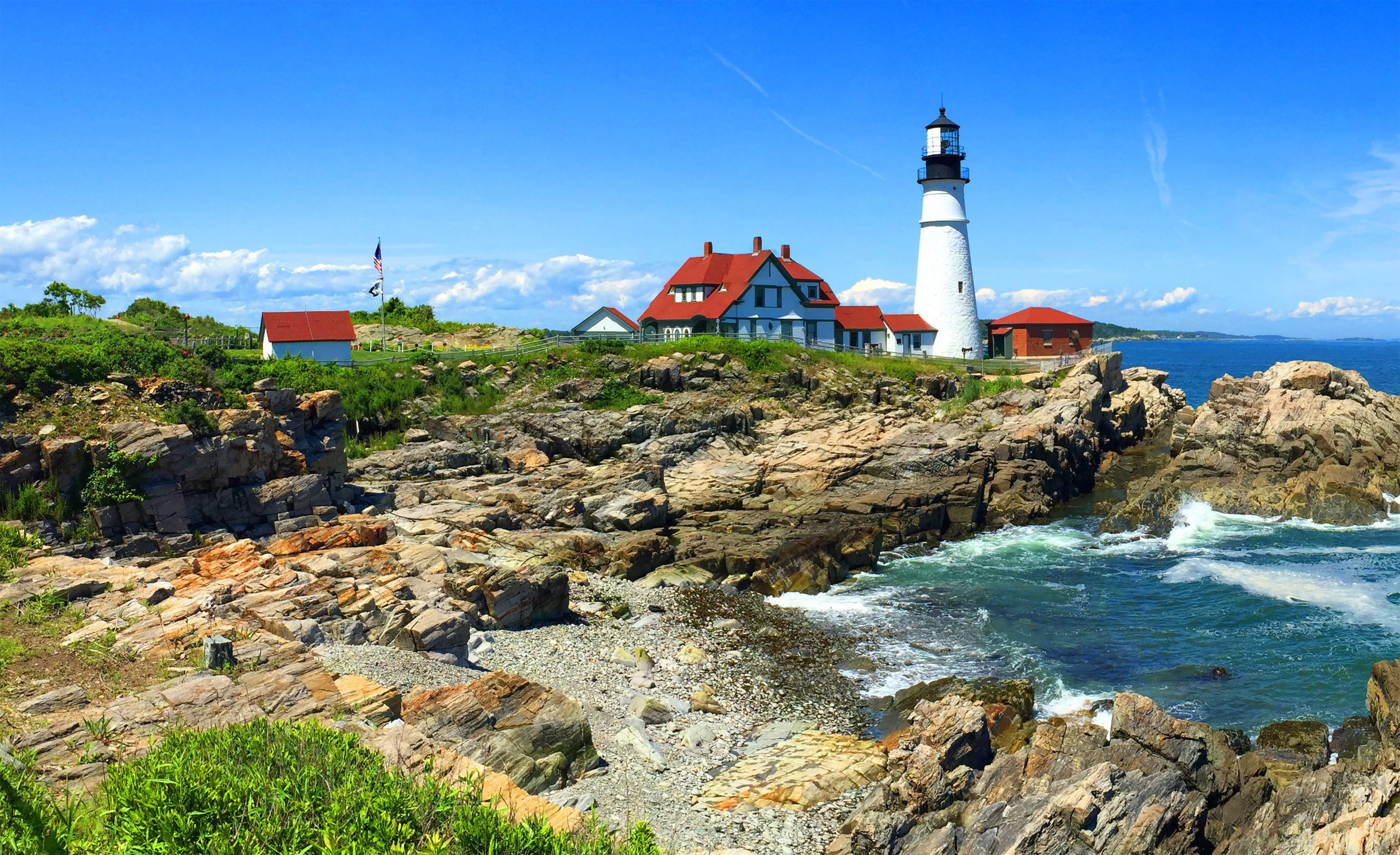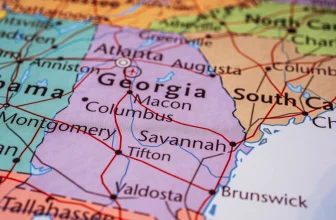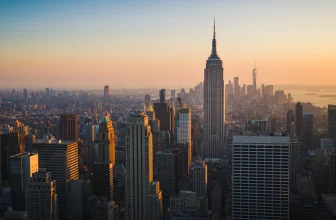
It’s a paradox. Maine is a state that has recently topped $10.2 million in monthly adult-use recreational marijuana sales, adding untold millions to its annual tax takings. August alone saw over 133,000 transactions take place in the adult-use market. It’s all very promising for residents and government alike — particularly for anyone pleased by the prospect of filling the state’s coffers.
What’s The Problem in Maine?
It’s still illegal to sell recreational marijuana in 90% of the state, according to Maine Public Radio. Of Maine’s 500 cities, towns, and plantations, 453 do not allow recreational marijuana retailers.
Maine, the most northeastern state in the country, has a population of just 1.3 million spread out over its 35,385 square miles. Most of the state lives around the population clusters of Portland, Augusta, and Bangor. Its rural population fills much of the remaining land, with the exception of the state’s mostly unpopulated northwestern corner.
The thing to note about Maine’s geography is this: even though just 29% of the population lives in those 453 municipalities that don’t allow marijuana sales, there are many more who live near them and come to visit.
All of this is despite the fact that Maine’s adult-use marijuana industry has grown remarkably in the last year. Cities like Bangor and Portland are developing thriving cannabis industries, while smaller towns like Medway and Stacyville (with a population of just 380) are cashing in as well. Others like Orono and Brewer, each with around 10,000 residents, are pushing legislation to allow adult-use recreational marijuana sales in the near future. Others like Etna forbid retail stores but allow growers to cultivate cannabis.
The Issue With Widespread Prohibition
In terms of Maine’s adult-use industry as a whole, the fact that only 10% of the state can sell is a significant hurdle to growth. Recreational weed was only legalized in October 2020 and has grown tenfold since its inception, though many advocates admit that growth will be hindered if towns continue to forbid sales.
The proliferation of drugs like methamphetamine and opioids, which have ravaged much of rural Maine’s population as they have in other states across the country, likely influences people’s attitudes towards marijuana. Many Mainers likely see marijuana as a “gateway drug” to harder substances, as was traditionally taught throughout much of the past century.
Towns like Corinna, Dixmont, and Millinocket have passed ordinances that banned the development of marijuana retailers, which they are allowed to do as an alternative to opting into recreational marijuana.
Many such places took action years before legalization even came into effect. The town of Carmel, with a population under 3,000, passed a law prohibiting marijuana sales in 2017 — the same year that Mainers voted for legalization. Sheriff Troy Morton, who recommended prohibition, did so because he believed there would be “unforeseen circumstances” to legalization.
Maine voters were presented the option to legalize in 2016. In November of this year, a full five years later, voters will again decide whether they want recreational shops in town.
The Future of Maine’s Cannabis Industry
Maine is a unique place. The state is liberal by many standards, yet in the left-leaning cluster of New England states, it is much closer to the middle ground than neighbors like Massachusetts and Vermont.
And those conservatives are not textbook conservatives, either — many of them skew libertarian. That means many residents’ views on drug laws do not fit a strictly conservative narrative. For many, the proposal of opening a retail store prompted them to form an opinion quickly. Over time, however, more towns may soften to the idea and opt-in at later voting opportunities.
One problem for towns opting in is that they simply won’t see much from it. Sales taxes and excise taxes both go directly to the state government, not to the towns.
In Stacyville, for example, the town’s marijuana policies received approval in 2019 with no opposition. There seemed to be economic promise, with a large-scale grower considering Stacyville as a potential spot for cultivation.
However, research has shown that marijuana consumption will continue regardless of legality. Towns are likely to opt for the economically sound route: they may as well collect taxes on its use.
[ Read More: National Hemp Association Asks for $1 Billion in Federal Funding ]






